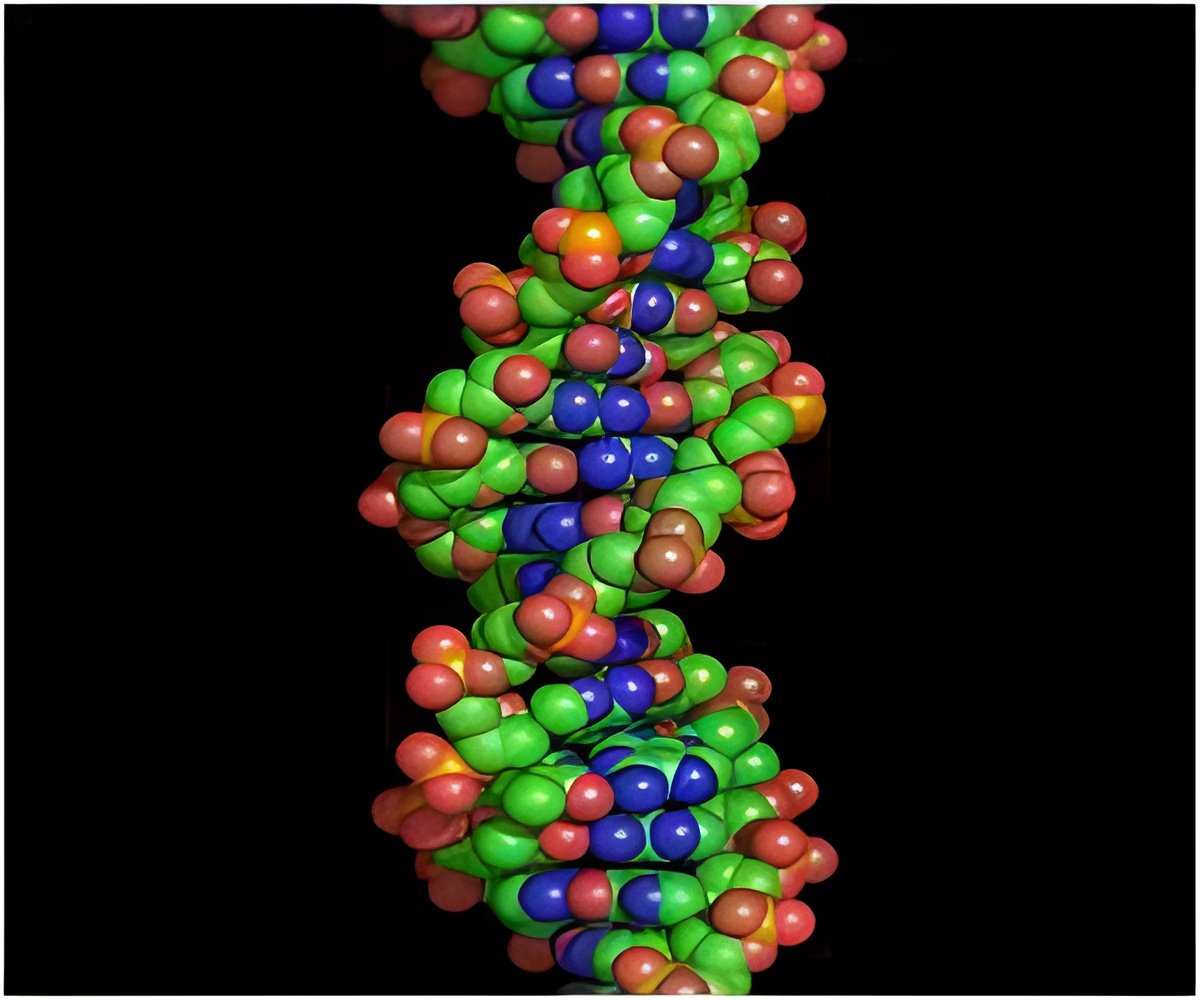
The QBI research, undertaken with the UQ Diamantina Institute and institutions in Scotland, Australia and the United States, used data from four independent studies that sampled almost 5000 older people and 10 percent died in the following 14 years.
Each participant’s biological age was measured from a blood sample at the outset. The research showed that those with a higher biological age compared to actual age had an increased risk of death.
Professor Wray said, “Last year, it was discovered that from a simple blood sample it is possible to predict a person’s age with a high degree of accuracy. But it is not totally accurate, and some people’s predicted or ‘biological’ age is higher than their actual age and vice versa.”
“Our study showed biological age really does seem to be tracking biological wear-and-tear.” Professor Wray said the study could not look at what caused the DNA to change at an accelerated pace, nor was it an accurate predictor of death for an individual person. However, it’s an important clue for future research in the study of cellular ageing.
The QBI’s Dr Allan McRae, who conducted analyses for the study, said biological ageing was measured by following DNA changes caused by a process known as methylation.
Advertisement
Source-Medindia









